From cbc.ca link to article by Erik White, Dec 19th 2019
Highlife in Sudbury was supposed to be northern Ontario’s first legal pot shop.
But weeks of delays in getting a licence from the province saw it fall behind its crosstown rival Cana Cabana and the owners even paid a fine for not opening on time this past spring.
The Ontario government now plans to license as many as 20 marijuana stores per month starting in spring 2020.
But Highlife doesn’t find that unfair.
“No! We think it’s great. We think it’s fantastic. We’re fully supportive of the market opening up,” says Sudbury store general manager Felicia Fahey, who adds that her store is one of the top pot sellers in Ontario.
“It’s a new industry and everybody is anticipating that there was going to be some bumps in the road. You know it took 100 years for the LCBO to get where it was. And we’re not going to do it overnight.”
The Ontario government is also allowing companies to own as many as 10 cannabis stores next year and as many as 75 by September 2021, where chains were previously forbidden.
That’s good news for companies like Highlife and Canopy Growth, which is planning to open one of its Tokyo Smoke stores in North Bay this spring.
“We’re very excited about it,” says Canopy’s franchising director Melissa Gallagher.
“I think that, you know, this is the province putting the customers first.”
The North Bay store was part of the second licence lottery the province held in August, along with Timmins and Sault Ste. Marie.
The North Bay winner was a Toronto divorce lawyer, who is now working with Canopy through the provincial approval process.
In theory it’s possible that these new open market stores the province will start licensing in April could open their doors before the second round lottery winners.
It is definitely about to be a much more competitive marketplace, but Gallagher says her company isn’t worried about the viability of the yet-to-open North Bay store.
“You know, we’ve opened stores in small communities right across Canada and it’s been an overwhelming response in the communities where we operate, so I don’t anticipate North Bay would be any different,” she says.

The open market would make it easier for local entrepreneurs in northern Ontario towns and cities to get into the cannabis business.
Rob Waddell, who has sold marijuana pipes and other accessories at his Planetary Pride store in Sault Ste. Marie for 20 years, says he isn’t interested in selling provincially-regulated pot.
“The profit margins aren’t really there. It’s pricey. Quality is in question,” says Waddell, who says most people still buy from the black market or grow their own marijuana.
Ontario First Nations have the authority to set their own cannabis laws and license their own retail outlets.
But Nipissing First Nation Chief Scott McLeod says because federal law still requires those stores to buy from a provincial regulatory body, the sovereignty of Indigenous communities have been “side-stepped” by the Canadian government.
He says talks are underway to correct that. In the meantime, McLeod and his council have created a sort of open market in their own community.
There are six different cannabis retailers working through the provincial licensing process that want to open up on Nipissing First Nation in the new year.
“We just didn’t feel it was up to us to be the pickers of the winners and losers in this,” says McLeod.
Those provincially-regulated retailers will still need to obey by Nipissing’s cannabis laws, including not selling to anyone under 21, while Ontario set the minimum age at 19.
The Alcohol and Gaming Commission of Ontario is also working on licensing proposed cannabis stores in Chapleau Cree First Nation, Mississauga First Nation, Serpent River First Nation, Sagamok Anishnawbek, Wikwemikong Unceded Territory, Wahgoshig First Nation, Atikameksheng Anishnawbek, Magnetawan First Nation and Shawanaga First Nation.











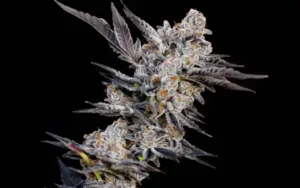





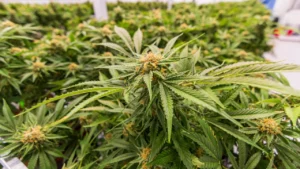
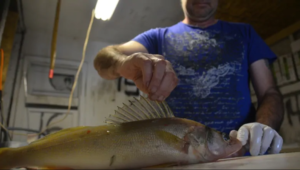
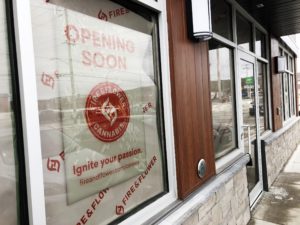


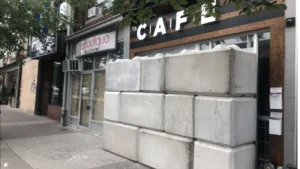
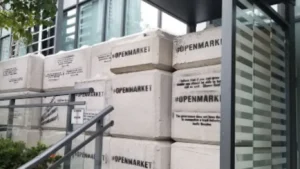
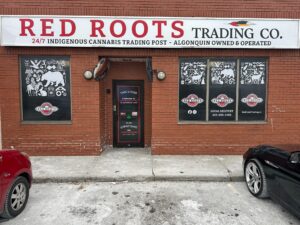



Comments are closed.